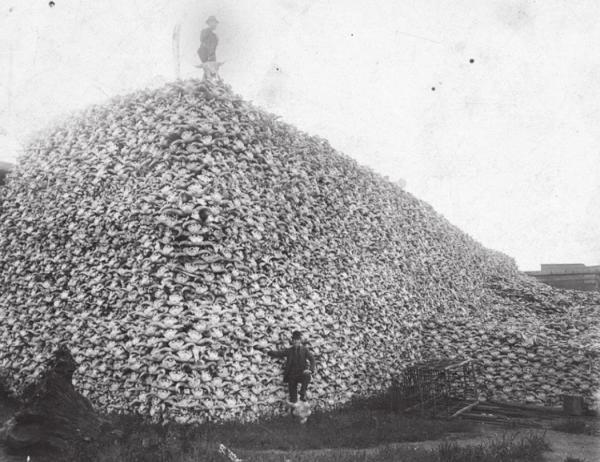Dripping Life
The 12 years I spent in public school provided a strong educational foundation, strong enough that I could complete a bachelor’s degree without a problem. For that, I am grateful and feel fortunate.
However, even before I graduated high school, some of the history I had learned had changed. Let me explain: my 11th grade American history teacher, newly-graduated from SMU, told us about the circumstances of President George Washington’s death.
For baby boomers who may remember, “The father of our country’s” portrait hung in every classroom. By high school, he was as familiar as a family member.
Imagine my surprise when I learned Washington may have died of pneumonia as a result of riding home -- from visiting a mistress -- in a rainstorm. I remember walking out of class that day, my world wobbling on its axis.
From first grade, as I look back now, we were taught that the Pilgrims were friendly and cooperative with Native Americans. We learned only the good traits of our country’s early leaders, the bravery and courage of the buffalo hunters, the positive aspects of this country’s Westward Movement and the selfless patriotism of our military leaders.
Everything about America was good. Everything that America did was right. Every war America entered was necessary.
In college, many of these beliefs were either verified or edited for reality. Then, with the passage of the years and the availability of more scholarly research, more facts further adjusted the reality of America’s history.
Not until the 1990s did I learn about the many German POW camps in Texas -- and, how some military bases here used German POWs to cook and wait tables in Officers’ Clubs.
In my reading, I also found how buffalo hunters were brought to Texas in the 1870s for the express purpose of starving out tribes of Native Americans, who -- to be fair -- were attacking stage coaches, raiding towns and forts and killing settlers and military. No doubt, they were angry about the newcomers who were taking their lands.
The buffalo hunters claimed to kill hundreds of the gigantic herds in a day. Expert skinners would then take the hides (which were valuable) and left the carcasses to rot on the Texas prairies.
As I read about Carlisle Indian School, I learned about how children were taken from Native Americans in the West, shipped to Pennsylvania and how they were “Americanized” by cutting their braids. They were forced to wear shoes and trousers and shirts or dresses rather than their buckskin garments, and they were punished for speaking their native tongues rather than the required English language.
One of those children was a young man named Jim Thorpe whose athletic ability was spotted by the Carlisle School’s football coach, Pop Warner.
Before the Supreme Court ruled on the landmark Brown v. Board of Education, which called for the integration of public schools, another little-known, landmark case, Hernandez v. Texas, was argued before the Supreme Court by a team of Texas’ Hispanic lawyers, led by Gustavo García of San Antonio, Carlos Cadena and John J. Herrera of the League of United Latin American Citizens, and James DeAnda and Cris Alderete of the G. I. Forum.
Hernandez v. Texas was the first and only Mexican-American civil-rights case heard and decided by the United States Supreme Court during the post-World War II period. In a unanimous ruling on the case, the court held that Mexican-Americans and all other nationality groups facing discrimination had equal protection and equal rights under the 14th Amendment.
Over the next decades, as the Civil Rights Movement progressed, Hernandez v. Texas ensured that every moment of legal progress for one minority was a victory for all.
As a member of the boomer generation, I either wasn’t paying close enough attention or wasn’t taught about these low points in American history. Now that I know how much I missed, I plan to keep on learning.


